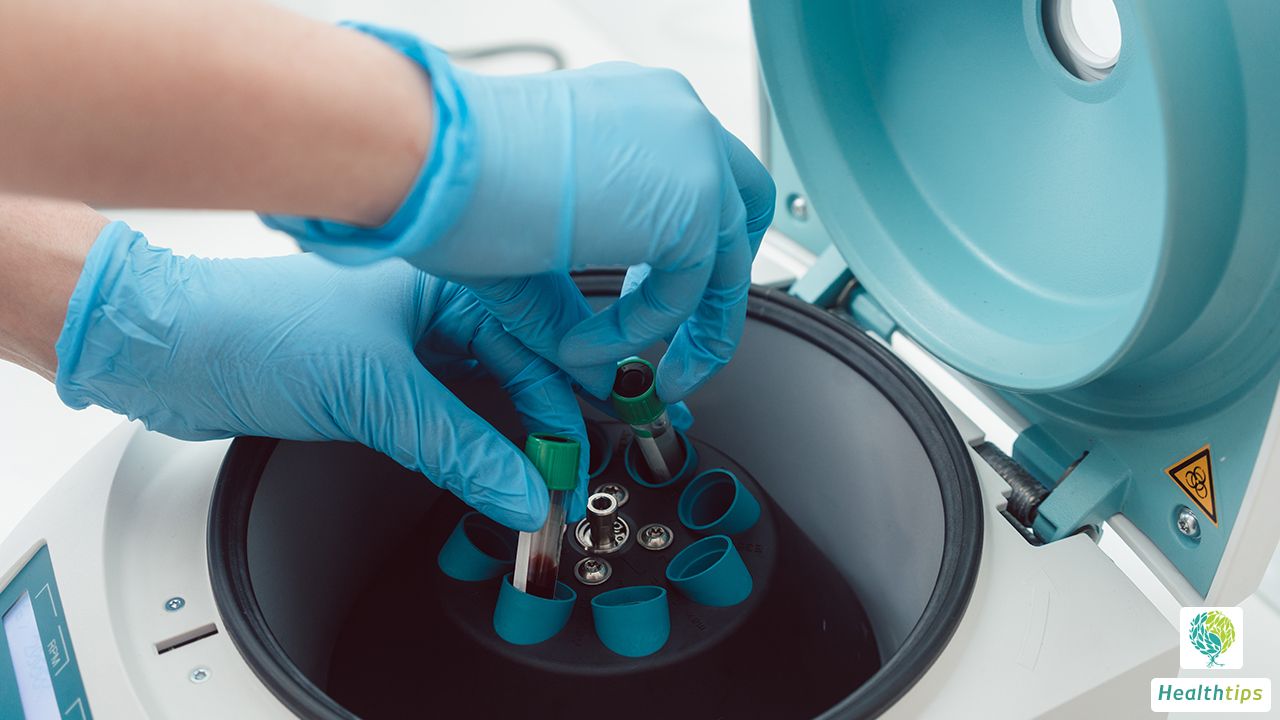After being diagnosed with uremia, patients can drink water, but they need to control the intake. Drinking too much water can increase the burden on the kidneys and worsen the symptoms of uremia.

Uremia is a disease that occurs in the later stages of various kidney diseases and is clinically considered a serious condition. Common causes of uremia include chronic glomerulonephritis, diabetic nephropathy, hypertensive nephropathy, hereditary kidney diseases, arteriolosclerosis, lupus nephritis, etc. These diseases can damage the kidneys, causing kidney function loss and ultimately leading to uremia.
The dietary control for uremia patients mainly involves limiting protein intake. For uremia caused by chronic diseases such as chronic nephritis, protein intake should be controlled at 0.8g/(kg·d). For uremia caused by diabetic nephropathy, protein intake needs to be controlled at 0.6g/(kg·d). Additionally, uremia patients often have water and sodium retention, so water intake should be controlled. Drinking too much water can lead to worsened conditions such as edema and hypertension.
It is important to note that drinking too much water can increase water load, which can easily lead to edema and hypertension. Avoid drinking excessively cold water, as it may irritate the gastrointestinal tract, causing discomfort such as diarrhea and abdominal pain. After being diagnosed with uremia, it is recommended that patients promptly consult a nephrologist and undergo diagnostic tests such as renal function tests and blood routine examinations. Besides controlling water intake, patients should also avoid high-potassium, high-phosphorus, and high-purine foods, such as bananas and seafood.

